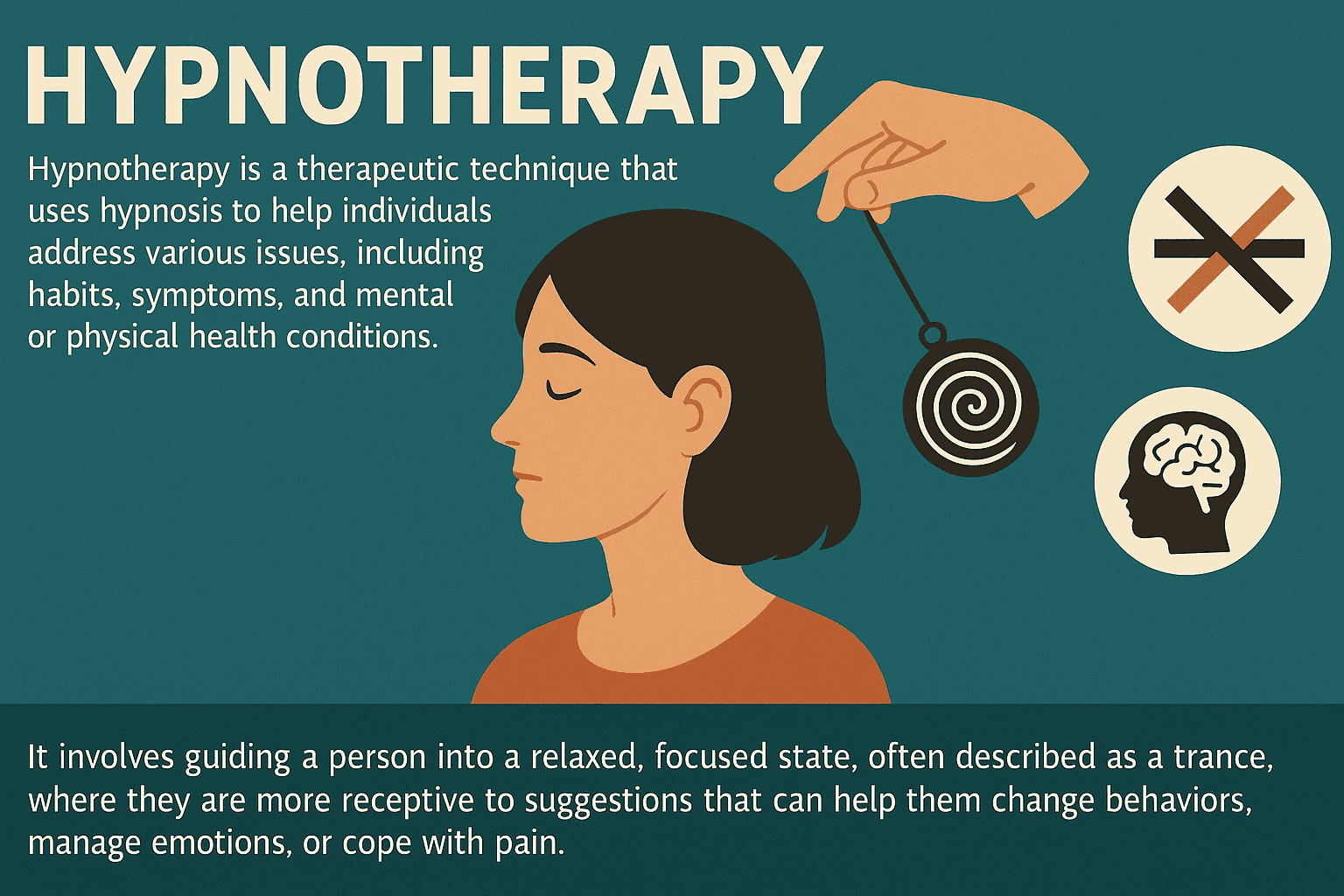
DIY Hypnotherapy (Self-Hypnosis):
-
Definition:Self-hypnosis involves inducing a trance-like state in oneself, often through guided relaxation and visualization techniques, to access the subconscious mind and make positive changes.
-
Benefits:Self-hypnosis can be useful for stress reduction, improving sleep, and reinforcing positive suggestions.
-
Limitations:It may not be suitable for everyone, particularly those with complex issues or difficulty relaxing, and lacks the therapeutic alliance and professional guidance of a trained therapist.
-
Examples:Self-hypnosis techniques often involve finding a quiet place to relax, focusing on a specific goal, deep breathing, and visualizing a desired outcome.
Professional Hypnotherapy:
-
Definition:Professional hypnotherapy is a therapeutic approach using hypnosis to help clients achieve specific goals, guided by a qualified and registered practitioner.
-
Benefits:A professional can tailor the hypnotherapy to individual needs, address underlying causes of issues, and ensure a safe and ethical therapeutic process.
-
Limitations:It can be more expensive and time-consuming than self-hypnosis, but it offers a higher level of expertise and support.
-
Examples:A professional hypnotherapist might help someone quit smoking, manage anxiety, or overcome phobias by guiding them into a hypnotic state and suggesting desired changes.
-
Finding a Professional:Look for practitioners with relevant qualifications, experience, and registration with a professional body.
Key Differences:
-
Expertise:Professional hypnotherapists have undergone specific training and are accountable to professional bodies, while self-hypnosis relies on personal learning and practice.
-
Guidance and Support:Professional hypnotherapy provides tailored guidance and support throughout the process, while self-hypnosis requires self-direction.
-
Ethical Considerations:Professional hypnotherapists adhere to ethical codes and ensure client safety, whereas self-hypnosis may pose risks if not approached with caution.
